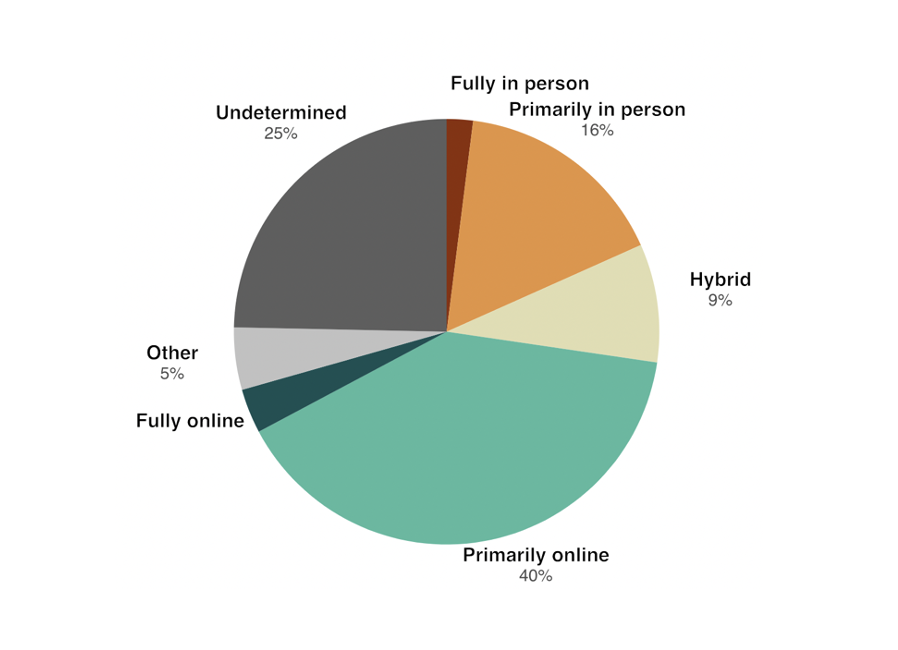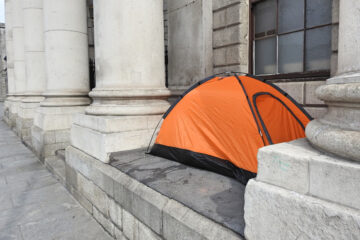“In the last year, colleges and universities across the U.S. struggled with how to operate during the COVID-19 pandemic. The most recent data, from January 2021, shows a mix of online and in-person modes of instruction.

At the same time, a study of the experience in early fall 2020 found an association between colleges and universities with in-person instruction and increased infection incidence in the counties within which the schools were located. With vaccine authorization in the U.S. and the promise of potential availability for student populations in late spring and summer 2021 (in most states’ allocation plans these students are among the last groups in prioritization), there is increasing interest by higher education institutions in moving more of their fall 2021 educational instruction and non-instructional activities to in-person modes. Vaccinating students is a key step to safely reopening campuses, in whole or in part, in a way that is safe for students, faculty, staff, and local communities. At the same time, university leaders are likely reasonably concerned about the legality of mandating COVID-19 vaccines. Not all students, faculty or staff may appreciate such a requirement, and anti-vaccine groups are more than ready to assist in litigation — as, for example, they did when the University of California required influenza vaccines for on-campus attendance (a preliminary injunction in that case was denied). In this essay, we discuss whether universities can legally require vaccination as a condition of attendance and with what accommodations.
Unlike the employment context, where the Equal Employment Opportunity Commission (EEOC) has spoken directly, there is no federal guidance on colleges and universities mandating COVID-19 vaccination.
This article was originally posted in the Harvard Law Review
To read the rest of the article click here.


